The public authority has reliably gone against the acknowledgment of same-sex marriage, calling it a metropolitan elitist idea and contending that it really depends on parliament to choose and discuss this issue.
New Delhi: The High Court will today convey its eagerly awaited judgment on petitions looking for legitimate acknowledgment for same-sex marriage.
A five-judge seat headed by CJI DY Chandrachud, Sanjay Kishan Kaul, Ravindra Bhat, Hima Kohli, and PS Narishma demanded that it was just taking a gander at the legitimate part of the Unique Marriage Act and the Unfamiliar Marriage Act and not perceiving non-hetero relationships
The public authority has reliably gone against the acknowledgment of same-sex marriage, calling it a metropolitan elitist idea and contending that it depends on parliament to choose and discuss this issue.
A five-judge Protected Seat headed by CJI Chandrachud kept its judgment on the petitions for lawful acknowledgment of same-sex marriage on May 11, following a ten-day long distance race hearing.
The Middle is challenging the practicality of in excess of 21 petitions looking for legitimate acknowledgment of same-sex marriage, contending that the courts don’t have the power to make or perceive relationships through legal translation or administrative revisions.
The court has previously clarified that it isn’t contacting individual regulations, for example, the Hindu Relationships Act, and was just keeping itself to the Extraordinary Marriage Act.
“At times gradual changes in issues of cultural consequences are better. There is the ideal opportunity for everything,” Equity Sanjay Kaul said.
The Middle had contended that marriage was a restrictive hetero foundation and that those looking for marriage correspondence were metropolitan elites. The High Court firmly protested this contention, asking on what premise it was made with next to no information. Then, at that point, Senior Supporter K.V. Vishwanathan introduced the instance of his client, a transsexual individual who was repudiated and asked in the city, who was looking for acknowledgment of same-sex relationships.
The Middle through Specialist General of India Tushar Mehta had contended that the organic orientation characterized an individual’s orientation, which was tested by CJI Chandrachud.
“There is no outright idea of a man or a flat out idea of a lady by any means. It’s not the topic of what your privates are. It’s undeniably more perplexing, that is the point. So in any event, when the Exceptional Marriage Act says man and lady, the actual idea of a man and a lady isn’t outright in light of privates,” the CJI said.
The Bar Gathering of India had mentioned the High Court to pass on the issue to the parliament and expressed that “the vast majority of individuals” went against same-sex relationships.
Over the span of the consultation, the Middle consented to a board of trustees headed by the bureau secretary to look at whether legitimate privileges could be conceded to same-sex couples without lawful acknowledgment of their relationship as a marriage. The High Court had maintained that chief rules should be given to same-sex couples to empower them to have monetary security, for example, opening joint financial balances as mates, opportune assets, and so on.





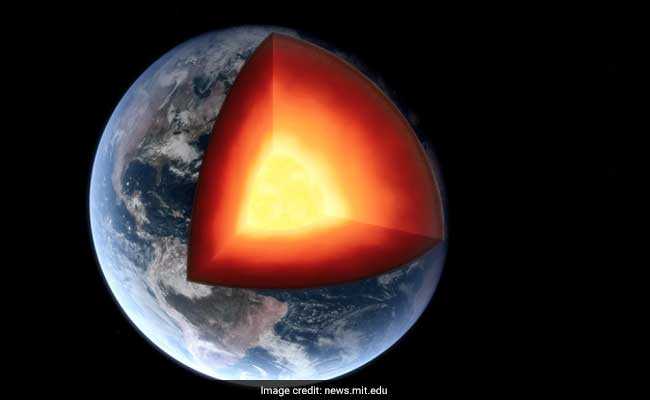


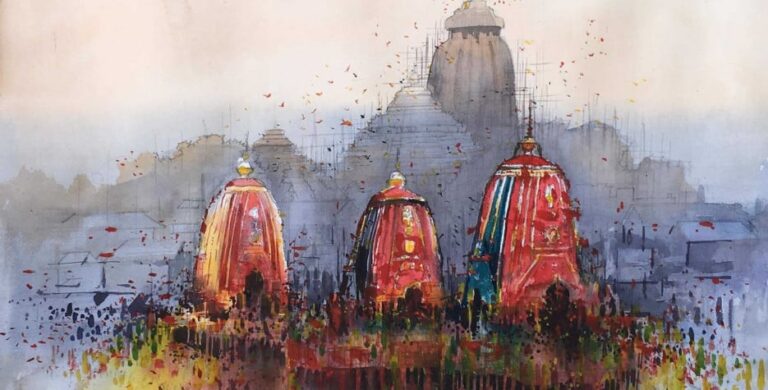

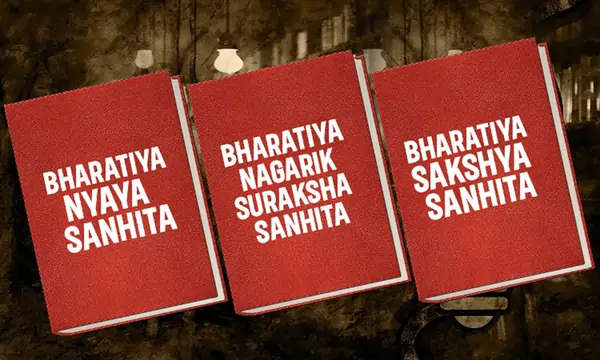
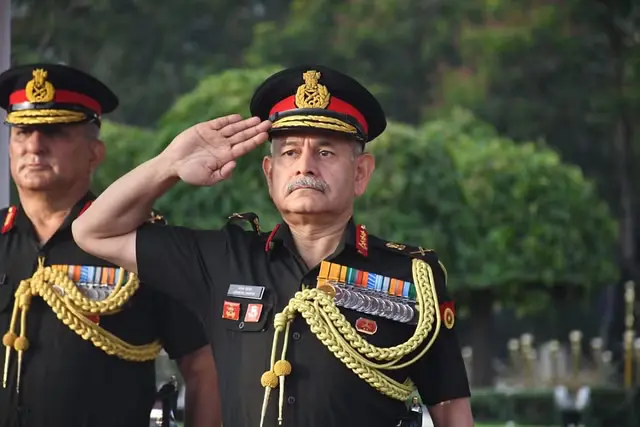


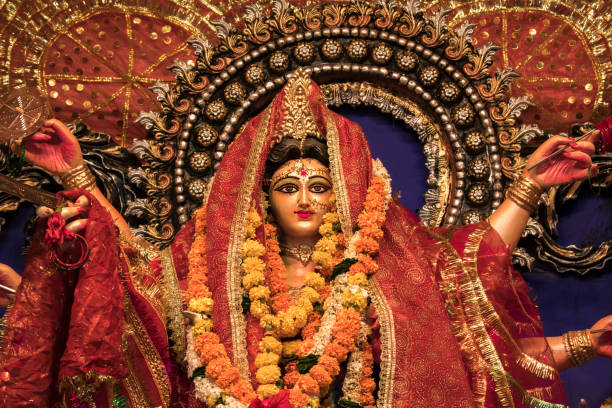
+ There are no comments
Add yours